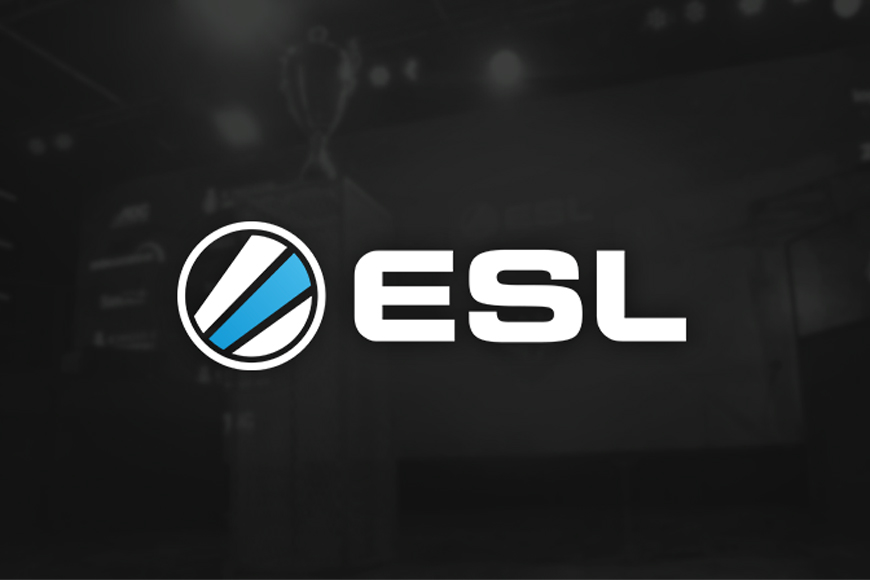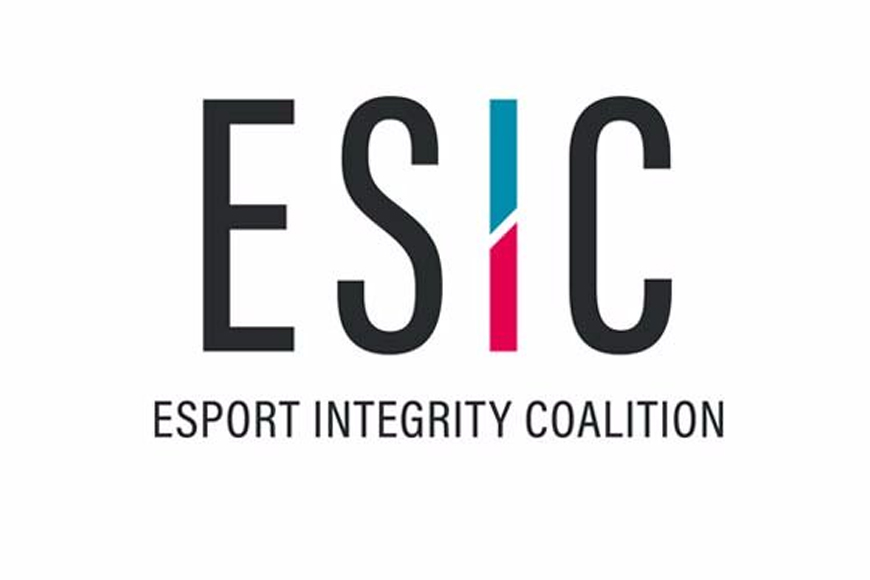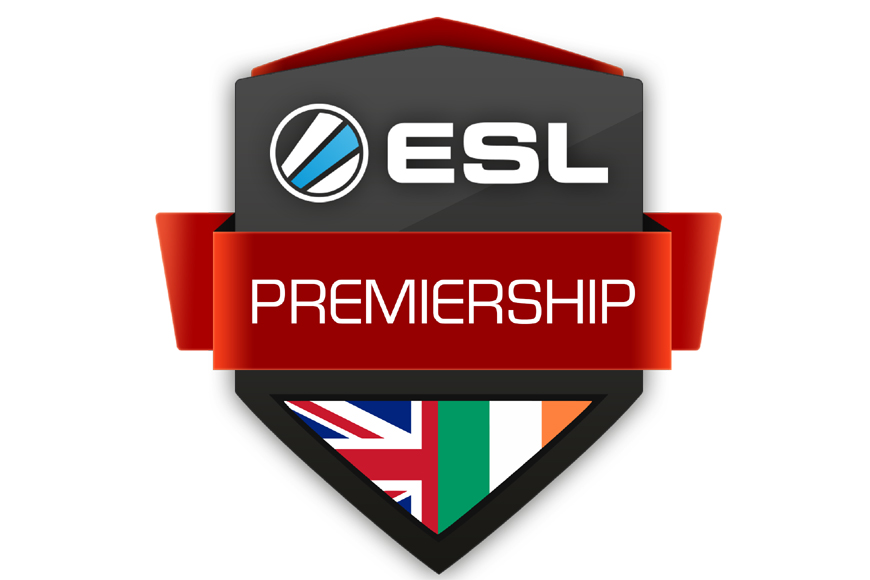ESL has announced it has introduced revised sanctions for its tournaments, including amateur leagues such as the ESL UK & Ireland Premiership.
It has also lifted indefinite match-fixing bans placed on players before February 15th 2015, including bans placed on ex-Ibuypower players.
The news comes as the Esports Integrity Coalition (ESIC) published new recommendations for sanctions, following a survey of more than 7,000 members of the esports community. ESL says it has aligned its sanctions following ESIC’s guidance.
ESL tournament rules for all events in IEM, ESL One, ESL Pro League series, as well as the ESEA Leagues and amateur competitions, will be updated to reflect ESIC’s recommendations from August 1st.
“We believe that integrity and fair play are of the utmost importance in esports, and our updated catalogue of sanctions reflects that commitment”, said Ulrich Schulze, Senior Vice President Product at ESL.
“We believe that integrity and fair play are of the utmost importance in esports, and our updated catalogue of sanctions reflects that commitment.”
Ulrich Schulze, ESL
“All of these adjustments do not apply to bans and punishments issued by Valve directly though, which will still be in place for all Valve sponsored tournaments run by ESL, such as Majors.”
Ian Smith, Integrity Commissioner for the Esports Integrity Coalition, added; “Esports is primarily about the community around each game – the players, fans and teams that participate and watch – and it was entirely appropriate for us to consult those communities about how its cheats and frauds should be punished.
“Following the conclusion of the survey, I am very thankful to the community for their enthusiastic participation; particularly the CSGO community, who responded in their thousands.”
What are the new penalties?
The new sanctions for first-time offenders are as follows, as posted on the ESL website: (for second and subsequent offences, participants ‘should expect far harsher sanctions and potentially a lifetime ban from esports’).
Cheating
Disqualification from the tournament, results voided, forfeiture of prize money, ban between two-year and lifetime depending on age and level of player and nature/size of tournament and how the player cheated.
Cheating at a competition played above an amateur level (i.e. where significant prize pool is involved, or a qualification for a professional event is at stake) should normally result in a five-year ban, but, in aggravating circumstances, can result in a lifetime ban.
Match-Fixing/betting fraud
Results voided, five-year ban unless significant mitigating factors in line with the ESIC Anti-Corruption Code or, in the presence of aggravating circumstances, a longer ban, forfeiture of prize money and monetary fine (if discovered before the end of a tournament, disqualification).
Doping by using performance-enhancing substances
Results voided, ban of between one and two years, forfeiture of prize money (if discovered before the end of a tournament, disqualification).
Competition manipulation and bribery
Results voided, ban of between one and two years, forfeiture of prize money and monetary fine (if discovered before the end of a tournament, disqualification).
New ESL Premiership rulebook
ESL has updated its UK & Ireland Premiership rulebook for its Autumn 2017 season.
One of the changes is that penalty point prize deductions for a team or player are put back into the overall prize pot – and split between the other teams. This means the overall prize pool remains the same.
As usual, penalty points deduct a percentage of the overall prize money received by the team or player in the season they’re given.
For example, every minor penalty point deducts 1% of the overall prize money received by the team or player, while a major penalty point deducts 10%.

Dom is an award-winning writer and finalist of the Esports Journalist of the Year 2023 award. He has almost two decades of experience in journalism, and left Esports News UK in June 2025.
As a long-time gamer having first picked up the NES controller in the late ’80s, he has written for a range of publications including GamesTM, Nintendo Official Magazine, industry publication MCV and others. He also previously worked as head of content for the British Esports Federation.




